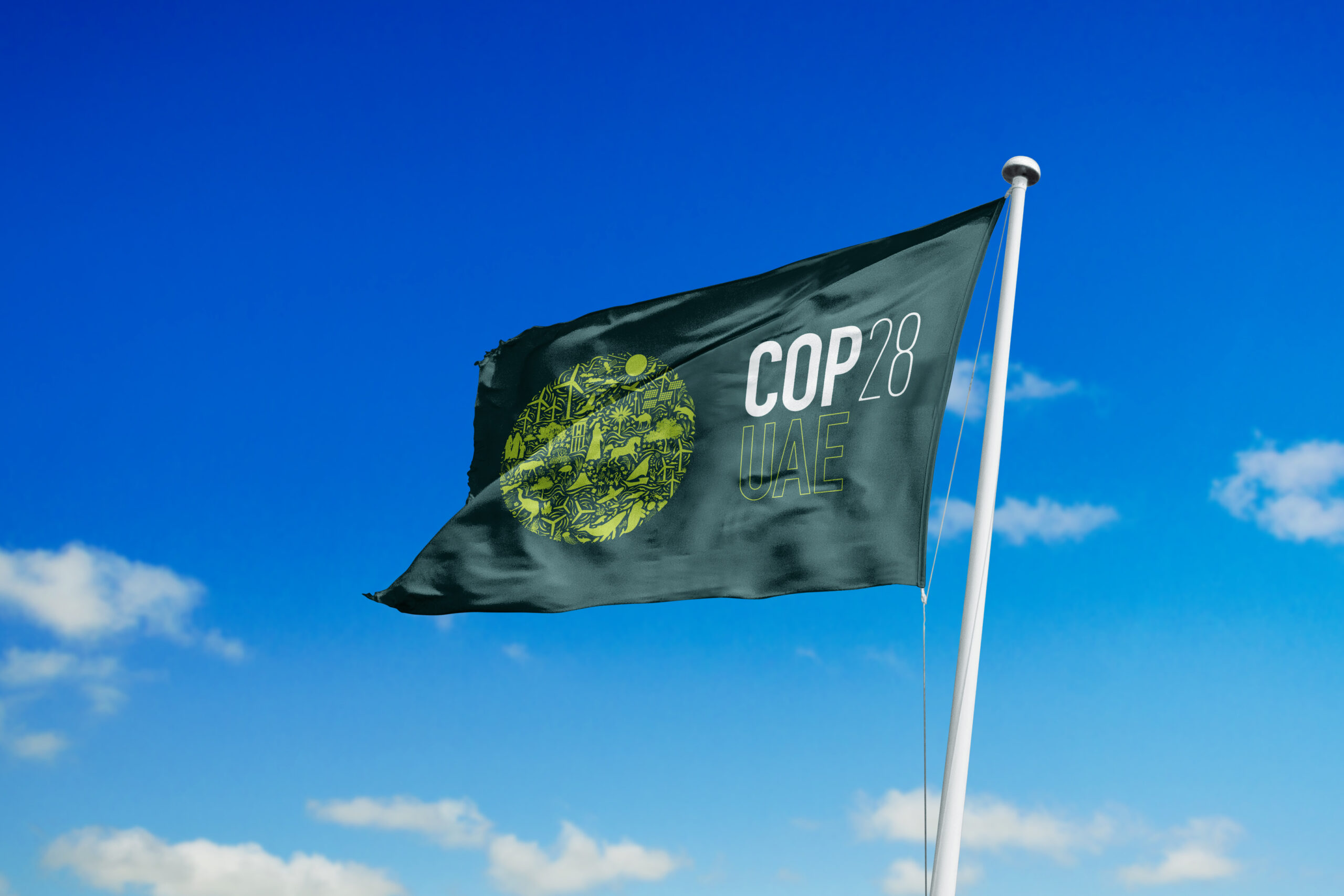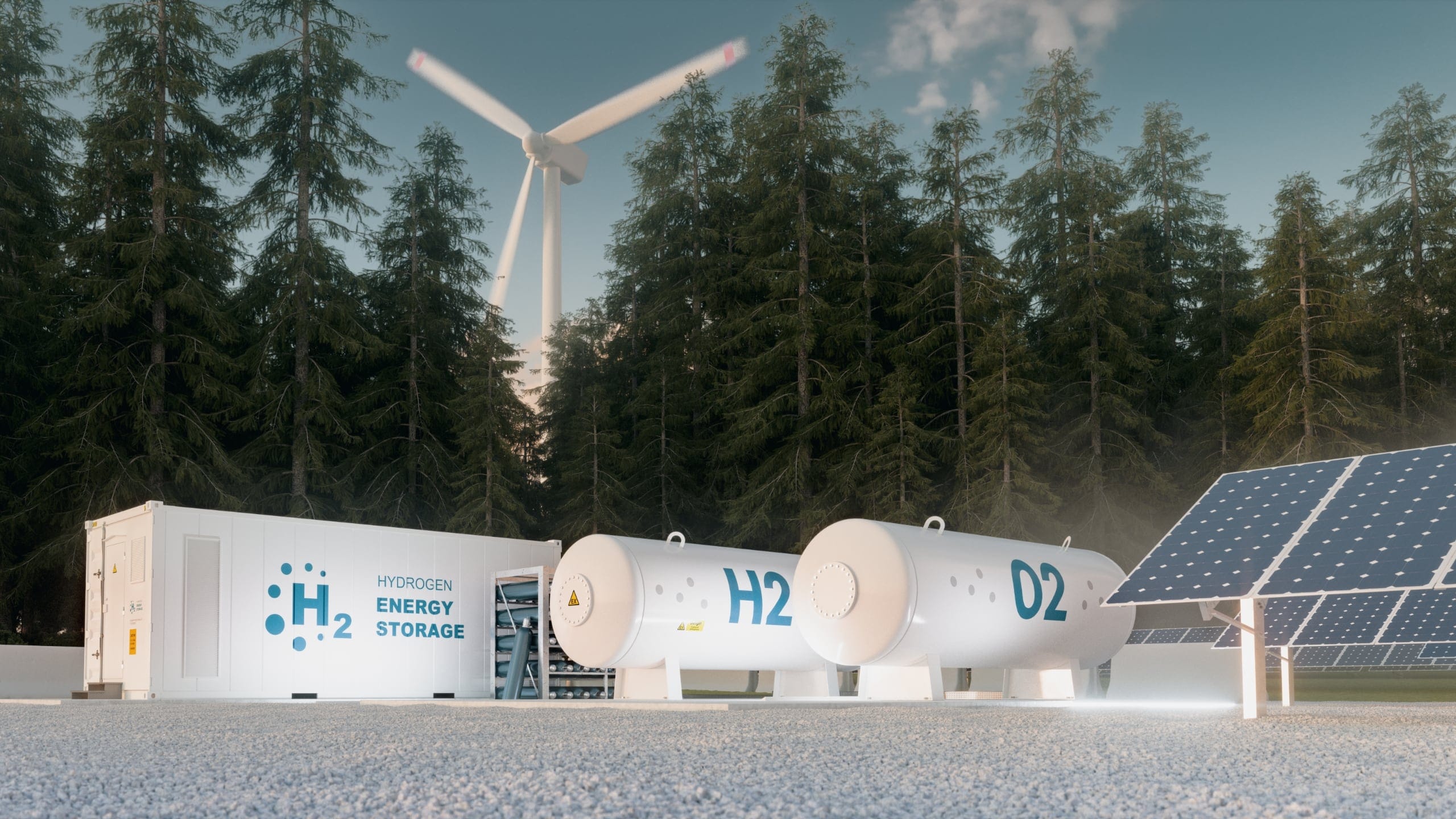NEWS & INSIGHTS | Opinion
Tackling the elephant in the room: Slow mobilisation of funds for vulnerable nations

The Dubai consensus statement agreed at COP28 marks a potentially decisive moment in addressing the Global North-South transition divide, however significant barriers remain if we hope to deliver a truly equitable transition to net zero by 2050.
Initial enthusiasm surfaced on day one of COP28 with the operationalisation of the loss and damage fund, with significant contributions from the UAE, Scotland, the European Union, and other countries including the United States.
Yet, the elephant in the room remains – the sluggish mobilisation of already committed funds between the global North and South for energy transition related projects. Past COPs witnessed billions committed, but tangible impacts remain elusive. This slow-pace clashes with the urgency to uphold the 1.5-degree Paris goal, especially in an era dominated by such rapid advancements in other sectors such as Artificial Intelligence.
It seems the cause of this delay lies in fund labelling, allocation, and the requirement for projects to be ‘bankable’ with high returns. This approach inadvertently favours developed nations in the Global North, perpetuating the gap. Developing major projects like wind farms or carbon capture plants in the Global South incurs higher costs due to inadequate infrastructure, skilled workforce shortages, and the need to import resources, amplifying risks from currency and country perspectives therefore it will always be easier for industry to develop projects in the Global North.
Addressing this challenge calls for a paradigm shift, and one solution we heard a lot about at COP28 was the 4P model – Private, Public, Philanthropy Partnerships.
Philanthropic funding acts as junior capital, supporting initial failures with lower risk for subsequent iterations. Public money, garnered through international collaboration, adopts a grant funding approach with zero interest and higher risk tolerance, thus reducing risks for accompanying private investments. This in turn unlocks critical private funding which to date remains largely untapped.
Despite promising conversations, realisation of the 4P model’s potential remains a work in progress. Anticipation for further developments at Baku is high, as success hinges on global commitment to shift the trajectory.
Without such changes, the risk persists that developed nations will dominate climate projects, exacerbating technology gaps and widening disparities between countries.
Subscribe for the latest updates




